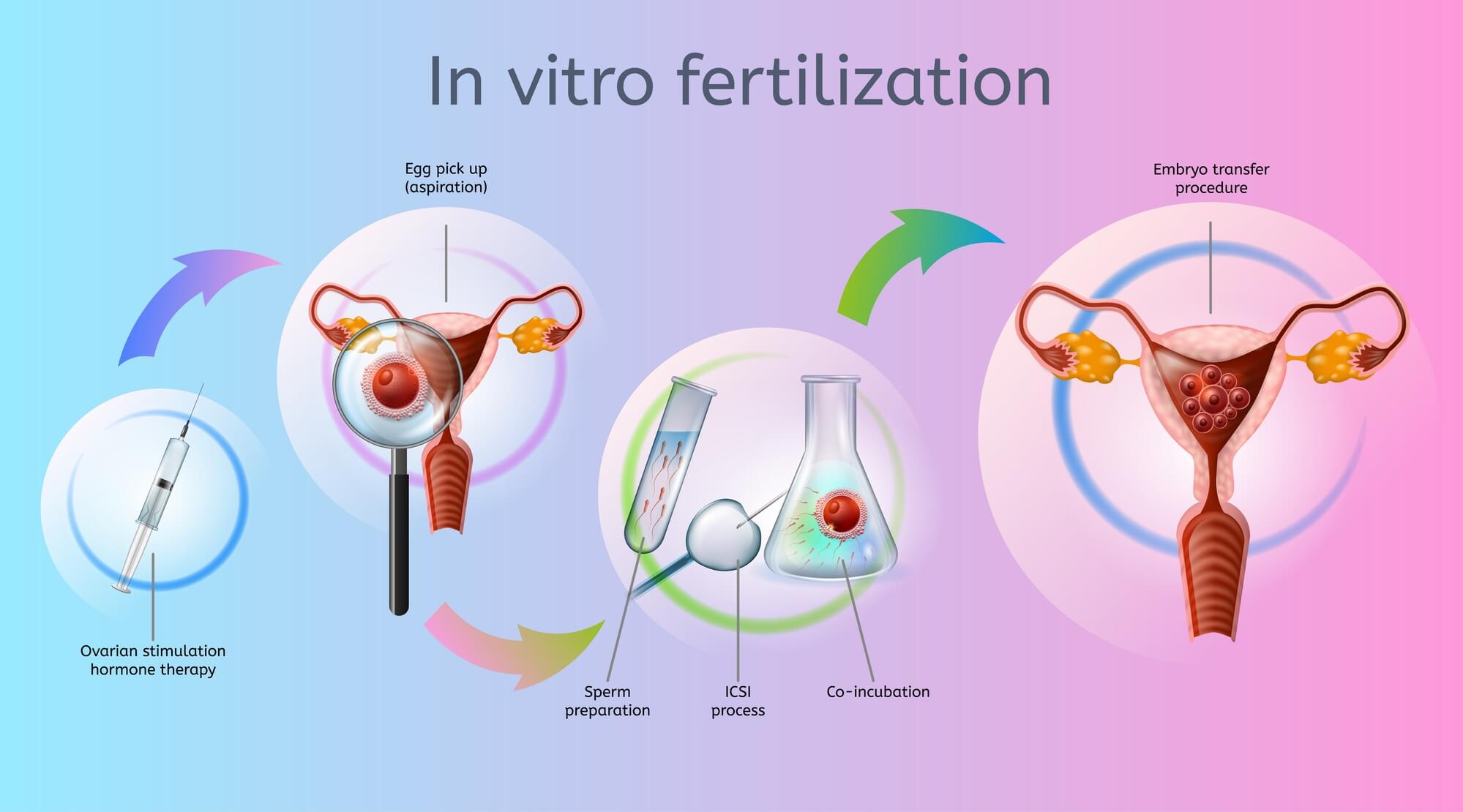A research group led by Ben-Gurion University of the Negev succeeded in producing an innovative device for the process of creating sperm in culture by using a micro-flow system.
A research group led by Ben-Gurion University of the Negev succeeded in producing an innovative device for the process of creating sperm in culture by using a micro-flow system. Their findings were published in the prestigious journal BIOFABRICATION.
Children with cancer receiving aggressive chemotherapy may lose their fertility. The preservation of fertility among these children or among infertile men (due to testicular failure) is an issue that preoccupies many researchers around the world. Now, a research group led by Ben-Gurion University of the Negev has succeeded in producing an innovative platform that improves the sperm creation process in the laboratory by developing a microflow system and a chip made of silicon (PDMS).
In the lab of Prof. Mahmoud Khalihal, from the Department of Microbiology, Immunology and Genetics named after the late Shraga Segal, Faculty of Health Sciences at Ben-Gurion University of the Negev thought about the need to adapt a method for the possibility of producing sperm cells in the laboratory, so that it would bypass limitations such as returning cancer cells to the patient's body.
Young mice that do not yet produce sperm cells constituted a model that allows simulating original conditions for the growth of sperm cells in the testis. Under laboratory conditions, it was possible to develop a process to create sperm cells in an environment very close to the natural environment (in terms of the structure of the sperm tubes and the cells that make them up). Using a special chip that was adapted for the benefit of the research, a complete system was built that is built as an integrated three-dimensional structure and within it channels that allow the addition of growth media and cells of testicular tissues or any cell from the various tissues of the body. This is a system that allows a culture medium to be poured into it and to grow high-quality cells within the culture and to reach advanced stages close to a mature sperm cell.
The innovative system was successfully tested on sexually young mice (which contain primary germ cells for sperm formation and supporting testicular cells). The development in the culture was examined after 7-5 weeks and sperm tube-like structures were observed that contain cells in advanced stages (ROUND SPERMATID) in the sperm formation process. Now, the research group is preparing for the next step - applying the experiment to human cells.
For more than 15 years Prof. Halichal has been developing the system that brings with it the good news. Now, the system has been upgraded so that it will be suitable as a growth medium that produces cells close to a sperm cell of high quality in terms of cell quality and even one that will perhaps allow in the future to regularly produce a mature sperm cell from its parent cells.
"This research opens up a new horizon in the process of creating sperm cells in culture," he says Prof. Halichal. "It enables the application of microflow-based technologies in future therapeutic strategies for infertile men and fertility preservation for children undergoing aggressive chemotherapy/radiotherapy treatments that may harm their fertility at the age of sexual maturity. Also, this system can perhaps also be used as an innovative platform for examining the effect of drugs and toxic substances on male fertility."
This research (No. 3425/20) was supported by the National Science Foundation (ISF) in collaboration with the Chinese Natural Science Foundation (NSFC), the Fertility Center in the Faculty of Health Sciences, Ben-Gurion University of the Negev, scholarships for outstanding doctoral students from the ultra-orthodox and Arab population, The Israeli Ministry of Education. This development is based on a registered patent owned by TECHNOLOGIES BGN, the university's commercialization company.
The research group included: Prof. Emeritus Eitan Lunenfeld, from the Faculty of Health Sciences at Ben-Gurion University of the Negev and the Soroka Medical Center, currently a senior faculty member at Ariel University, Prof. Gilad Yosiphon, from the Faculty of Mechanical Engineering at the Technion and led by the doctoral students Ali Abu Medijam, from the Department of Microbiology, Immunology and Genetics named after the late Shraga Segal, Ben Gurion University of the Negev andHello Shohat From the Department of Mechanical Engineering, Technion - Israel Institute of Technology.
Link to chart The microflow system
More of the topic in Hayadan:
- Breakthrough of 2018 according to SCIENCE: DNA sequencing of a single cell
- A new method for making electrodes
- A chemical lab the size of a credit card
- From stem to sperm: Researchers succeeded in turning embryonic stem cells into sperm cells for the first time
- How mRNA and DNA vaccines could soon treat cancer, HIV, autoimmune disorders and genetic diseases


One response
Will a lack of sperm also answer xxy Kleinfelter?